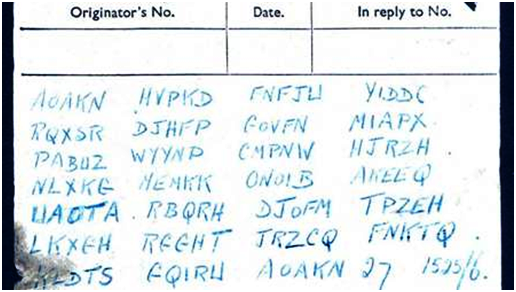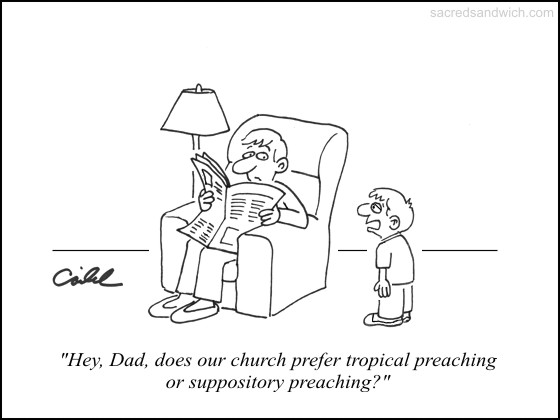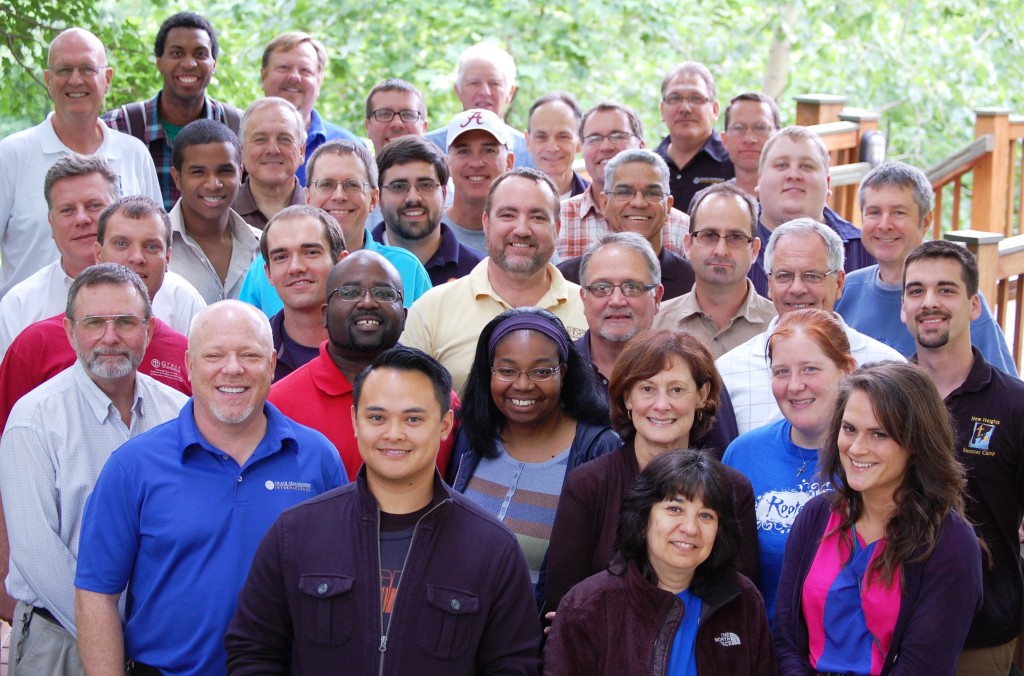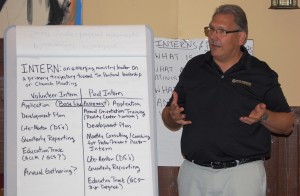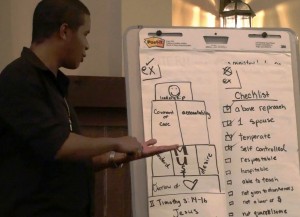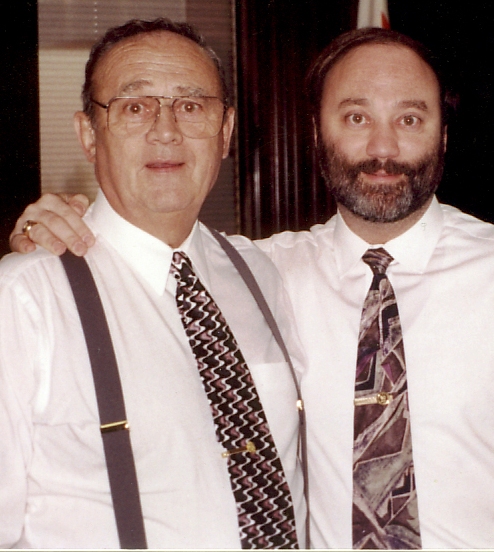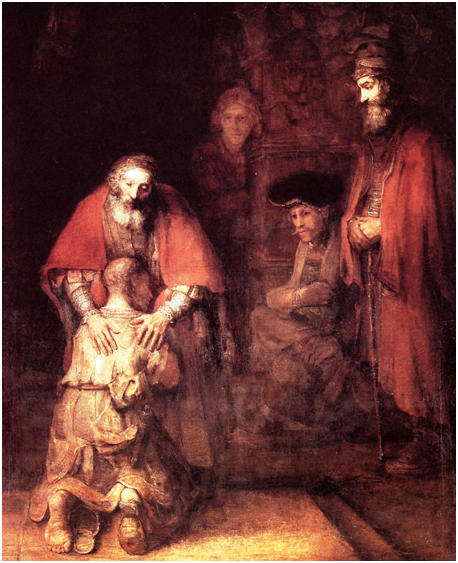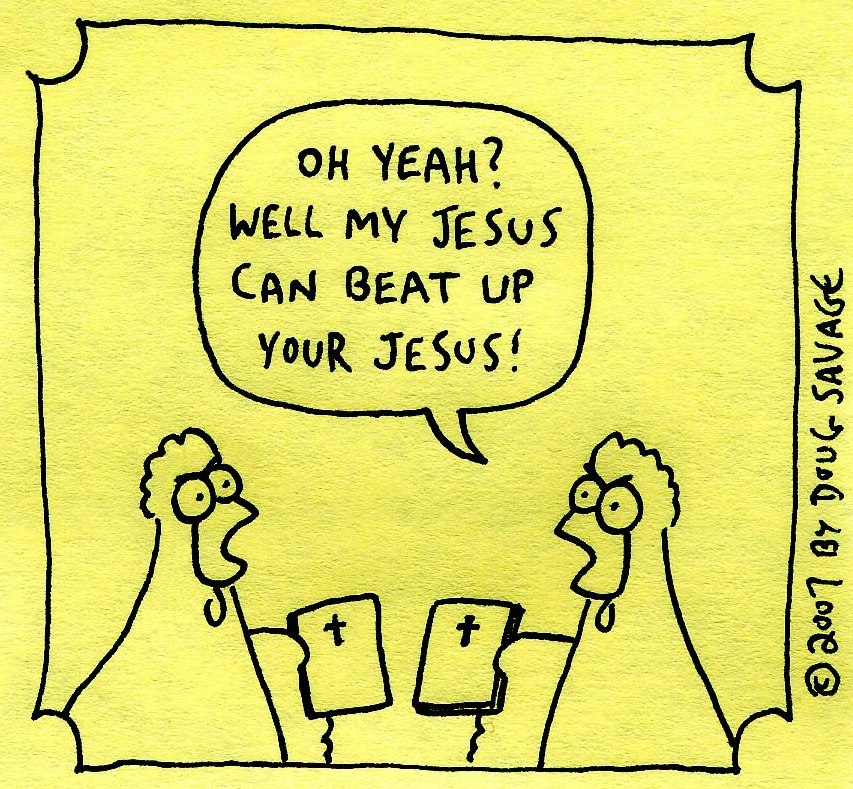Dear Brothers and Sisters in Christ,
 Taking care of our denomination’s financial affairs may not be one of the more glamorous functions of our work, but it is one of the most important. As Paul wrote to the church in Corinth: “It is required of stewards that they be found trustworthy” (1 Corinthians 4:2, NRSV).
Taking care of our denomination’s financial affairs may not be one of the more glamorous functions of our work, but it is one of the most important. As Paul wrote to the church in Corinth: “It is required of stewards that they be found trustworthy” (1 Corinthians 4:2, NRSV).
Our Glendora office accounting team takes stewardship of GCI’s finances very seriously. They maintain meticulous professional standards and work hard to meet the requirements of the law. This includes submitting our financial records to an independent external auditor. Our staff then devotes many hours in responding to the auditor’s requests. This is time well spent because it shines an outside light on our financial management records and processes and helps us improve each year.
Capin Crouse LLP recently finished auditing our financial records for 2011 and 2012. They presented their findings to our Board of Directors in a written report that summarizes the audit and suggests ways that we can improve our financial systems. The report also notes forthcoming changes to legal and financial requirements for churches. The report’s cover letter includes this summary statement:
In our opinion, the combined financial statements [from GCI]…present fairly, in all material respects, the financial position of Grace Communion International and Affiliate in the United States of America as of December 31, 2012 and 2011, and the changes in their net assets and their cash flows for the years then ended in accordance with accounting principles generally accepted in the United States of America.
This statement means that our external auditor has given us a “clean” or “unqualified” report. They noted to us informally that our financial systems are “stellar.” This is significant, for in a world where institutions, including churches, are often distrusted, our members and other donors can have peace of mind knowing that their contributions and financial sacrifices are respected by their church and that its financial resources are being handled with the greatest of professional care. Any GCI member in the US may obtain a copy of Capin Crouse’s audit report by sending their request to Grace Communion International, P.O. Box 5005 Glendora, CA 91740, attention Mat Morgan.
The pictures below show our home office financial team. I thank all of them, including Mathew Morgan, our treasurer and Robert Meade, our accounting manager who lead us in financial stewardship. I also thank the many others in our home office and in our congregations who diligently strive to be trustworthy stewards of the finances entrusted to us for the work of the gospel.


On a related note, I urge all pastors and treasurers in our US churches to stay current with requirements for reviews of financial records as detailed in the GCI-USA Financial Management Manual. An internal review is required each year and an external review is required every third year. Although these reviews can be time-consuming, they are essential in helping us properly steward the finances within our churches.
Due to the upcoming International Denominational Conference, we will not be publishing GCI Weekly Update next week. I look forward to seeing many of you in Orlando.
Your brother in Christ,
Joseph Tkach.
PS. As you may know, churches, denominations and ministry organizations are seeing significant changes related to financial stewardship and fundraising. Ted Johnston tells me that this important topic will be the focus of the August issue of Equipper. I hope you will read it when it’s published in early August. Equipper is emailed to all GCI-USA pastors and to others who request it. It also is posted online at http://mindev.gci.org/equipper.htm.


